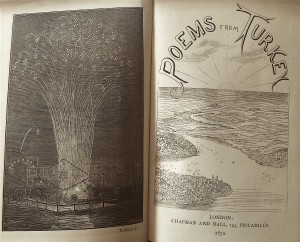Funny book titles in Prince Edward’s Library.
In the library of the Prince of Wales (later Edward VIII) at Marlborough House were many false book spines inscribed with amusing titles, most dating from the Victorian age. The following particularly amused the Prince.
Boyle on Steam.
Lady Godiva on the Horse
Constable’s notes on motoring.
Bacon’s History of Greece
Nine Tales of a Cat
The Voyage of Noah by Arkwright.
Payne’s Dentistry
Warm Receptions by Burns
First Sight by Lovett.
Spare the Tree by Hewett
Cochin’s Lays of China.
‘The Prince is often amused at visitors who cannot find their way out of this quaint library. There is no apparent exit, but one of the morocco volumes bears the title “ The Passage Out “, and it is in the centre of the door, so that the discerning explorer soon has a clue to his escape.’
Charles Wesley meets ‘ Beau’ Nash.
The great Wesley once had an encounter with the pompous Beau Nash. The meeting was in a narrow street, and the right of way obviously belonged to the divine. The dandy, drawing himself up proudly, said in his most haughty manner:
“I never make way for fools.”. I always do”, said Wesley, quickly stepping aside.
Kipling’s autographs
A comical situation arose some years ago when the writer made a habit of paying even small bills by cheque. He found that his balance was much larger than the counterfoils of his cheque-book warranted. It was discovered that local tradesmen never cashed his cheques. They found that admiring visitors would often willingly but them for much more than the values for which they were drawn. [Above is Kipling’s house in Sussex] Continue reading


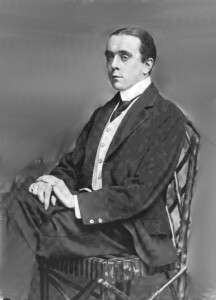
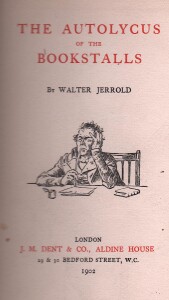 We at Jot 101 had not imagined the travel writer and biographer Walter Jerrold ( 1865 – 1929 ) to be a frequenter of second-hand bookstalls, but there he is as an unabashed collector of ‘unconsidered trifles ‘ in Autolycus of the Bookstalls (1902), a collection of articles on book-collecting that first appeared in The Pall Mall Gazette, Daily News, the New Age, and Londoner.
We at Jot 101 had not imagined the travel writer and biographer Walter Jerrold ( 1865 – 1929 ) to be a frequenter of second-hand bookstalls, but there he is as an unabashed collector of ‘unconsidered trifles ‘ in Autolycus of the Bookstalls (1902), a collection of articles on book-collecting that first appeared in The Pall Mall Gazette, Daily News, the New Age, and Londoner.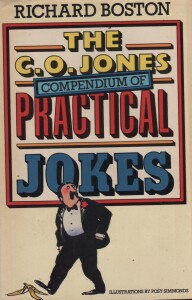 f laughter after hearing that Charles II had been restored to the throne, and the editor of the short-lived magazine The Vole, a pioneering ecological magazine. Boston lived in the same village ( Aldworth ) as Richard Ingrams and was friendly with him. He was also a pal of the artist and writer John Piper ( though Frances Spalding’s biography neglects to mention this fact ) and it was Piper, who may have supported The Vole
f laughter after hearing that Charles II had been restored to the throne, and the editor of the short-lived magazine The Vole, a pioneering ecological magazine. Boston lived in the same village ( Aldworth ) as Richard Ingrams and was friendly with him. He was also a pal of the artist and writer John Piper ( though Frances Spalding’s biography neglects to mention this fact ) and it was Piper, who may have supported The Vole 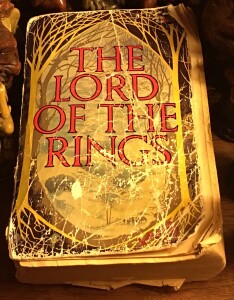
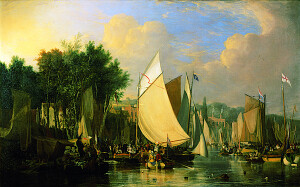
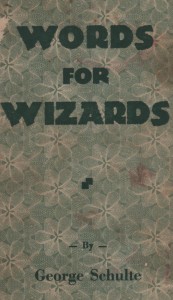
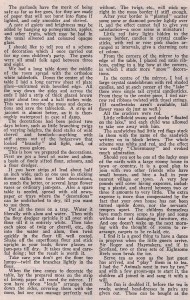

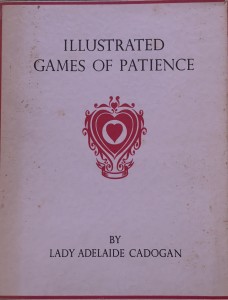 1870 edition, this with an introduction by the actress Margaret Rutherford (memorable as an early Miss Marple). Her piece has a quirky style and a good glimpse of the older actress Marie Tempest playing Patience back stage:
1870 edition, this with an introduction by the actress Margaret Rutherford (memorable as an early Miss Marple). Her piece has a quirky style and a good glimpse of the older actress Marie Tempest playing Patience back stage: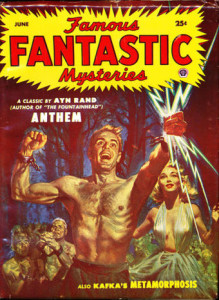 this amusing game that can be played using an iPhone or laptop. One player picks 3 people of seemingly equal fame and then all the players have to say (in order) who has the highest google rating i.e. number of hits. It is best when searching to put the full name in inverted commas – e.g. “Kevin Bacon.” Players score 1 point for naming the person with the most hits and an extra 2 points for naming all 3 in correct order. First to ten , at that point you can play again but one session is usually enough. Try Marcel Proust, Jorge Luis Borges and Vladimir Nabokov. The leader is Borges at 7.88 million, Proust at 4.68 and Nabokov at 3.3 million.
this amusing game that can be played using an iPhone or laptop. One player picks 3 people of seemingly equal fame and then all the players have to say (in order) who has the highest google rating i.e. number of hits. It is best when searching to put the full name in inverted commas – e.g. “Kevin Bacon.” Players score 1 point for naming the person with the most hits and an extra 2 points for naming all 3 in correct order. First to ten , at that point you can play again but one session is usually enough. Try Marcel Proust, Jorge Luis Borges and Vladimir Nabokov. The leader is Borges at 7.88 million, Proust at 4.68 and Nabokov at 3.3 million.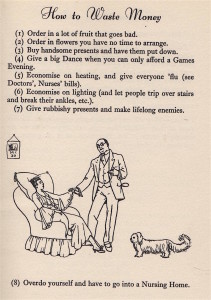
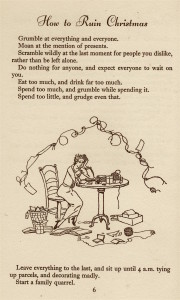
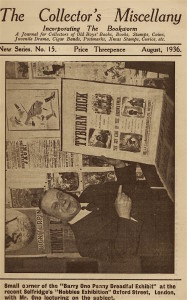
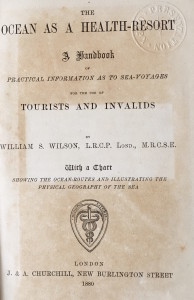
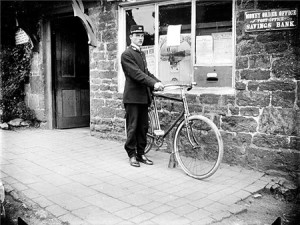
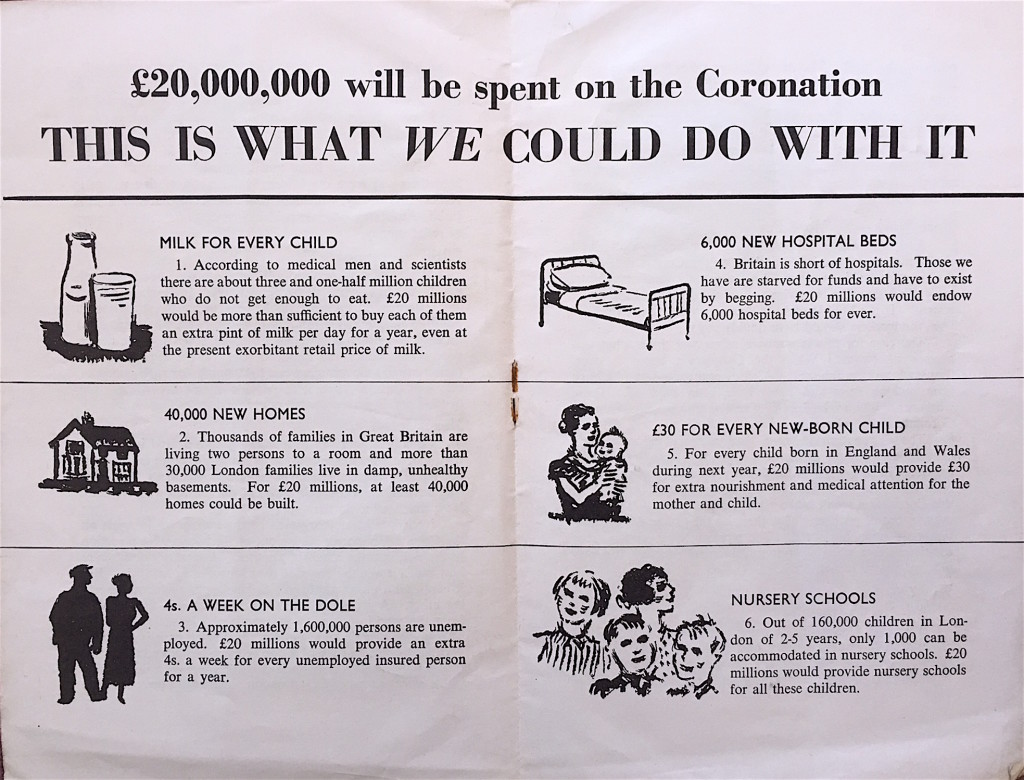
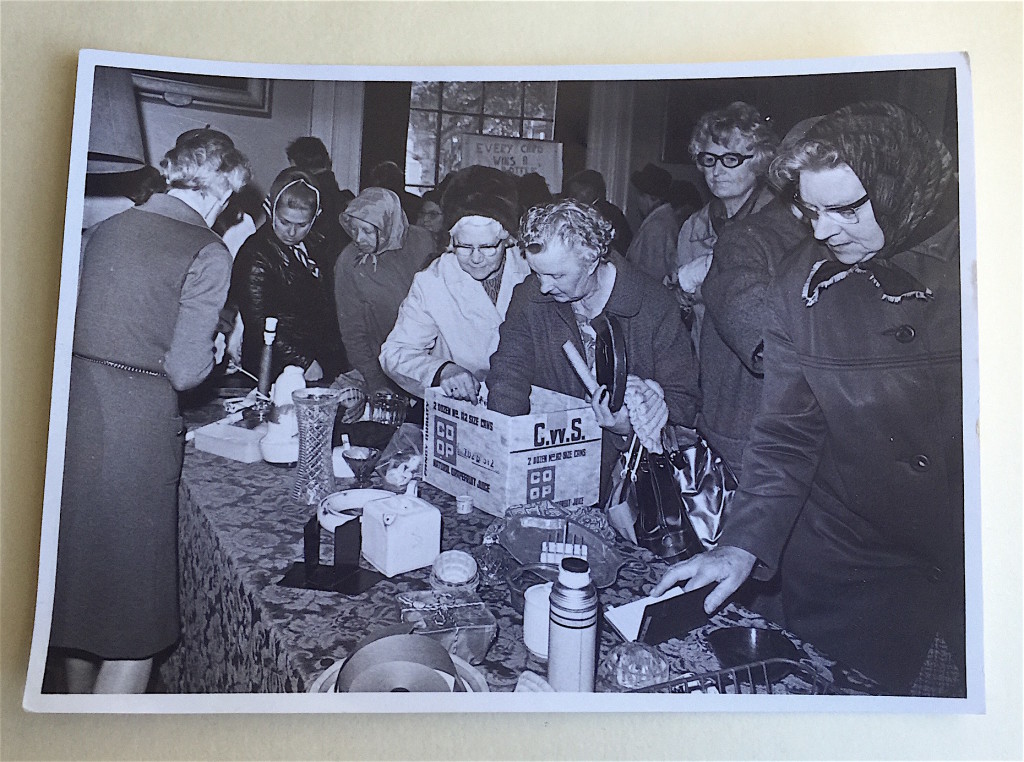
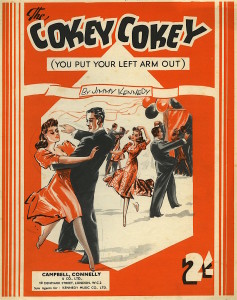 Found- some sheet music for the song The Cokey Cokey which later became the song (and dance) the Hokey Cokey. This is what it is all about… There are many theories about its origins – dealt with at Wikipedia and in a
Found- some sheet music for the song The Cokey Cokey which later became the song (and dance) the Hokey Cokey. This is what it is all about… There are many theories about its origins – dealt with at Wikipedia and in a 